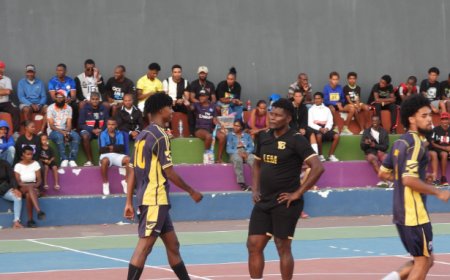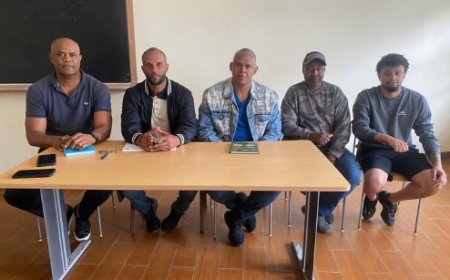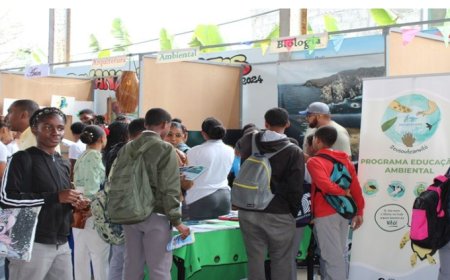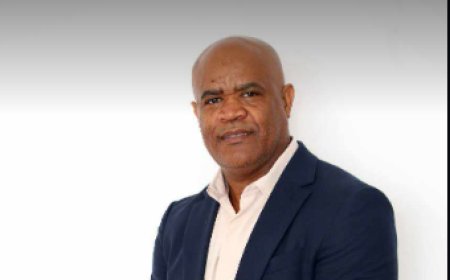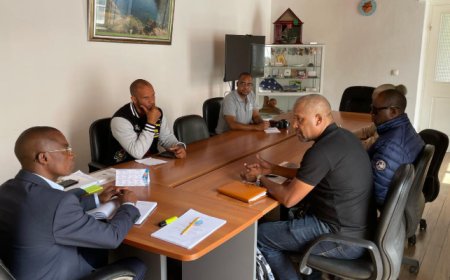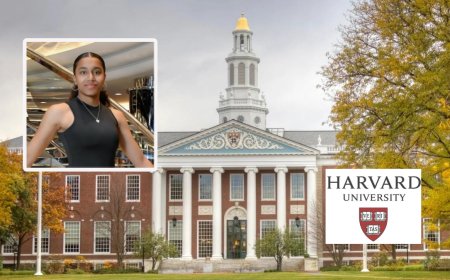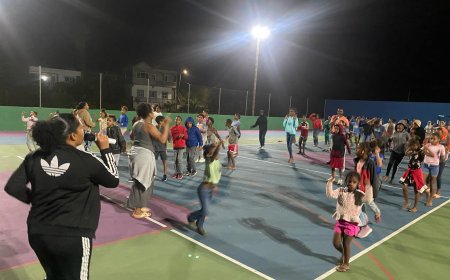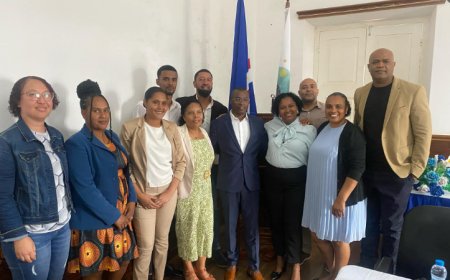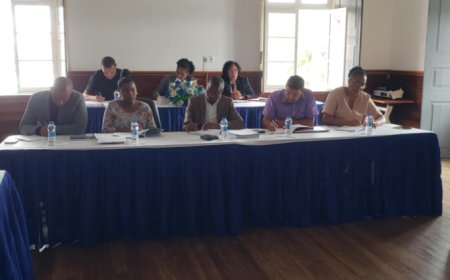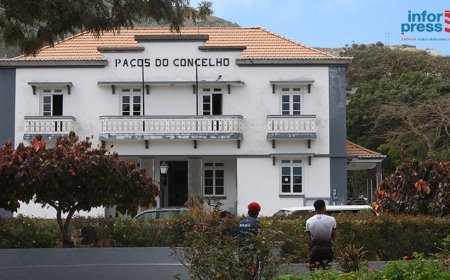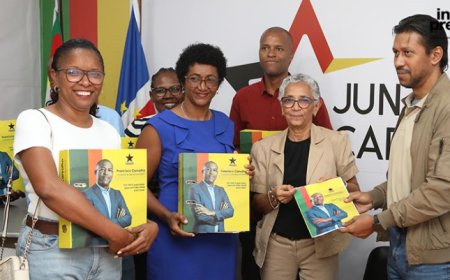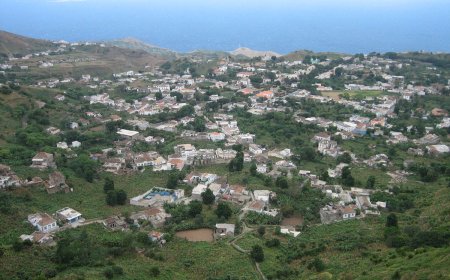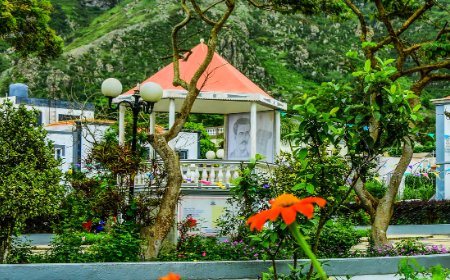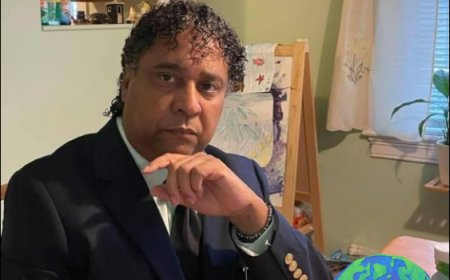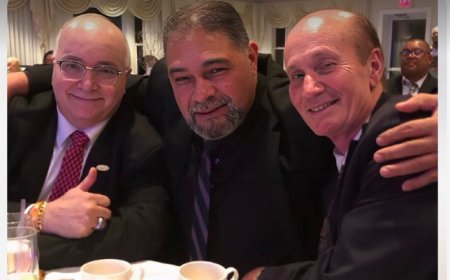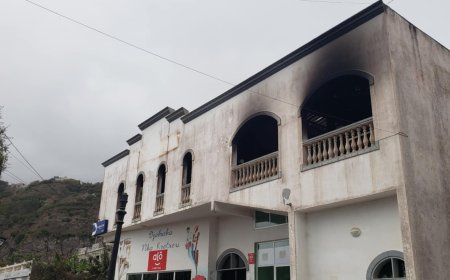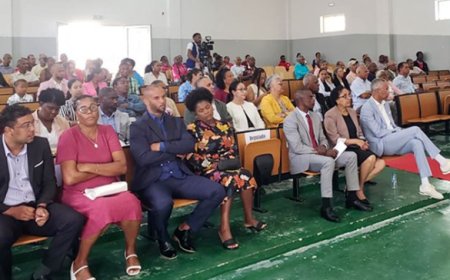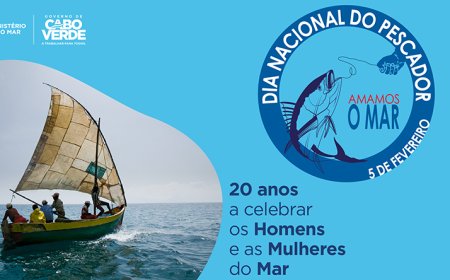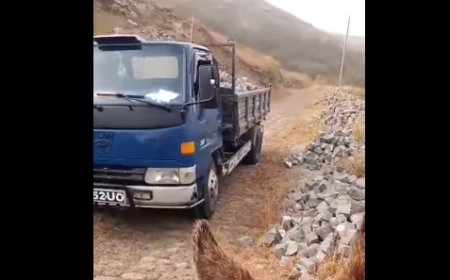PR of Cape Verde marks first year in office with criticism of tension and warnings to the Government
The President of the Cape Verdean Republic, José Maria Neves, today criticized the “crispation” that remains in national politics, warned that current times “require consensus” and warned that it is not an opposition, but neither is it a “cheap” from the Government.
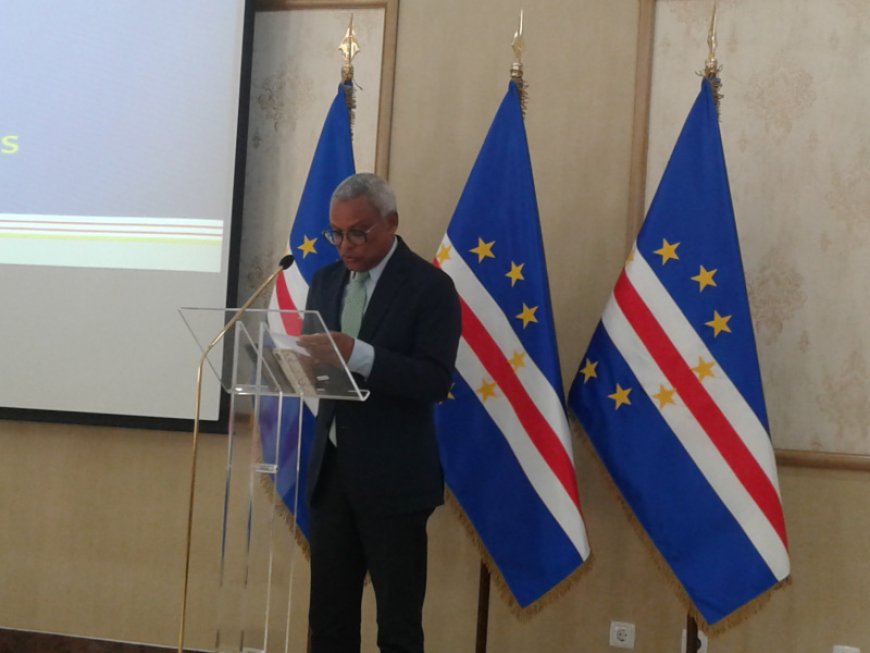
The President of the Cape Verdean Republic, José Maria Neves, today criticized the “crispation” that remains in national politics, warned that current times “require consensus” and warned that it is not an opposition, but neither is it a “cheap” from the Government.
“ We still do politics in a very primary way, the debate is very shallow, it is very fulanized and it is often a disrespectful debate. Right away we have to take some lessons in elegance. Politics also requires good education ”, said José Maria Neves, at a press conference from the Presidential Palace, in Praia, to mark the first year of his term as head of state.
“ I have sought to exercise a judiciary with a collaborative, strategic and positive influence. I have acted to reinforce mutual trust between political actors, to promote dialogue and understandings between the main political actors, to seek consensus on the main subjects of the Republic. I am aware that the results in these areas are modest and that political tension is still very high. They are ingrained mental habits and it is not possible. It is not easy to change them” , pointed out José Maria Neves.
The also former prime minister for the PAICV - currently opposed to the Government led by the MpD -, stated that it is necessary to “persist” in the understandings: “Continue to work with patience, pacify the spirits, naturalize the antagonisms and build bridges and understandings. The times require consensus on major national issues. It is my duty to continue to act decisively to realize this goal .”
He added that the covid-19 pandemic, prolonged droughts and the increase in the price of food and energy “ have had very negative effects on the political and development dynamics ” in Cape Verde, and that “ there is an increase in unemployment, of poverty and inequalities ”, to underline the need to reach understandings.
However, he admitted that “ there is still some primarism in the way of doing politics ”, in a bipolar country between PAICV and MpD, who alternate in power.
“ The public space is excessively partisan, which greatly harms social, political and economic dynamics. Exercising the office of President of the Republic in this context is not easy. The President of the Republic does not govern, he is the arbiter and moderator of the political system. It's not opposition, but it's not government cheerleading either. Often, the opposition expects the President to oppose the Government, while the latter expects the President to applaud them all the time. I have sought to exercise my role as a referee with serenity, balance and a sense of the common good, in accordance with the Constitution of the Republic, which condenses the essence of the rules of the democratic political game”, he also said.
In his speech, he recalled that he had already exercised, in the first year, “ the fundamentals of the President's powers ”.
“I appointed the new Chief of Staff of the Armed Forces. I visited the three military regions and gathered the Superior Council for National Defense. I appointed members of the Government, the President of the Supreme Court of Justice and ambassadors. I believed and received credential letters from ambassadors of other countries in the Republic of Cape Verde. I enacted and vetoed laws, ratified international treaties and agreements. I represented the Republic in several international instances ”, he listed.
Therefore, he refused that he was " soft " with the Government in the first year of his term, but " serene " and looking for "balances".
" When there is a very chaotic environment like the one we are experiencing, it is essential to have serenity and try not to aggravate the problems, but above all to try to build bridges, understandings, compromises, to be positive, so that we can find the best solutions ”, he said.
The head of state also referred that " it is important that the President of the Republic has a cool head, has the patience of a fisherman to help the country find the best answers to the extremely difficult situation " that it is going through.
"My speeches have been very clear on this matter. And it is that serene, balanced, patient, elevated style that I will continue to have in the coming years of my mandate ", he added.
The Cape Verdean National Election Commission (CNE) proclaimed José Maria Neves the winner of the seventh presidential elections in Cape Verde, held on October 17, 2021, in the first round and among seven candidates, with 95,974 votes, equivalent to 51.7 %, ahead of former Prime Minister Carlos Veiga, with 78,612 votes (42.4%).
José Maria Neves was born in Santa Catarina, on the island of Santiago, on March 28, 1960 (age 62), autarchy for which he was elected mayor in March 2000, and was sworn in on November 11, 2021 as the fifth President of the Republic from Cape Verde.
Before that, he was a member of the National Assembly, from 1996 to 2000, for the African Party for the Independence of Cape Verde (PAICV), which he took over in 2000. He won the legislative elections the following year, making the PAICV return to power in Cape Verde, a decade later, taking over as Prime Minister until 2016.
With a degree in Public Administration, he later assumed the functions of professor at the University of Cape Verde and created the José Maria Neves Foundation for Governance, an institution dedicated to the promotion of freedoms, the consolidation of democracy and the rule of law, good governance, effectiveness of public policies and the sustainable development of small island states.





